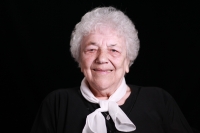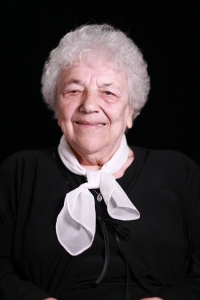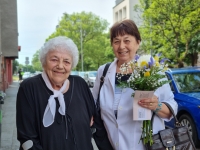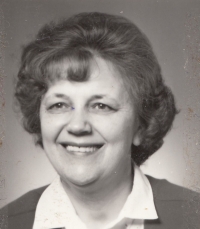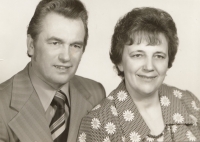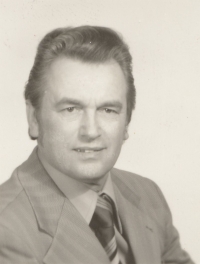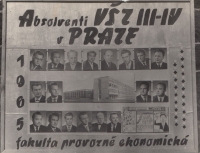My half-cousin Mira was dragged on the ground, but he hadn´t denounced anyone
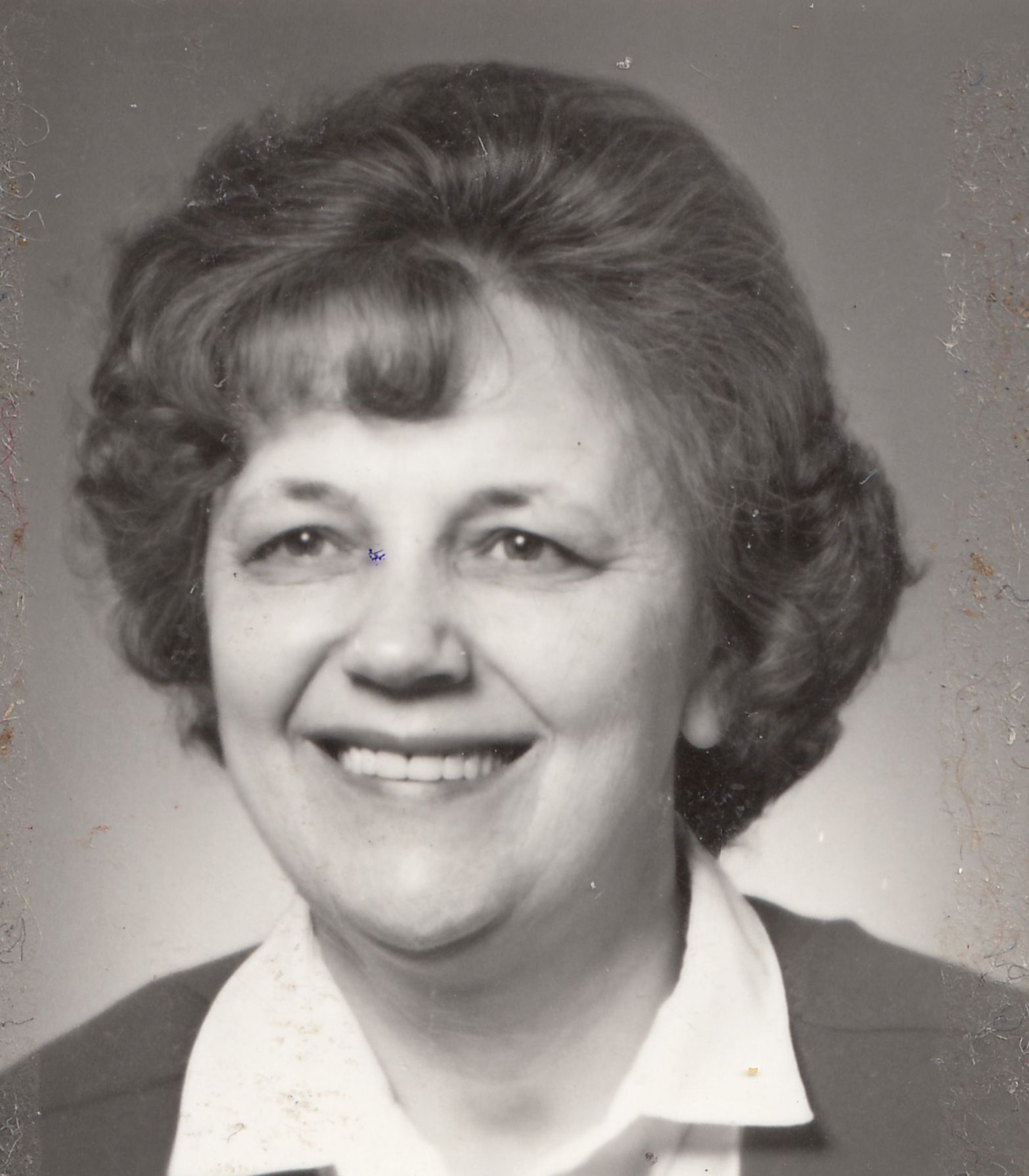
Stáhnout obrázek
Jarmila Mašková was born on 30 November 1933 in Stará Pasečnic to Karolina Jílková, née Langmaierová, and Jakub Jílek. Both parents were Catholics and led their children to the faith. Mum took care of five children and a small farm, while Dad worked at the railroad. When the war was approaching and the year 1938 came, mobilization was announced. The family had to move to Dolany near Pilsen in September 1938. After less than a month they were able to return home. The Sudetenland was formed and Pasečnice was the first village there that was not taken over. Jarmila Mašková continued attending the two-class school in Pasečnice. When they were young, they used to go blueberry picking in the forest in Babylon, near the Hotel Praha, from where the Hitler Youth shouted at them. In the spring of 1945, Prague students escaping from bombed-out Nuremberg spent the night in their house. As a little girl, Jarmila Mašková also experienced raids by fighter planes. Towards the end of the war, the local inhabitants settled accounts with her half-cousin Miroslav, but he reportedly had not denounced anyone for grinding flour illegally. Together with other residents of Pasečnice she welcomed the liberating American soldiers. After graduating from the town school, the witness worked in Pragoděv in Domažlice. On April 3, 1954 she married František Mašek from Mohelnice and their daughters Alena and Jaroslava were born. Her husband was the chairman of the cooperative farm in Mohelnice until 1968, and she herself worked in the cooperative farm for thirteen years. She was also a member of the Communist Party of Czechoslovakia and was elected to the National Committee in Mohelnice. She was then employed as a seamstress at the Šumavan textile factory in Nepomuk, where she made clothes for the Soviet Union. She then worked as head of the order office at the company Uhelné sklady (Coal Store) Plzeň. At the time of recording (2024) she was living in a senior home in Nepomuk.
